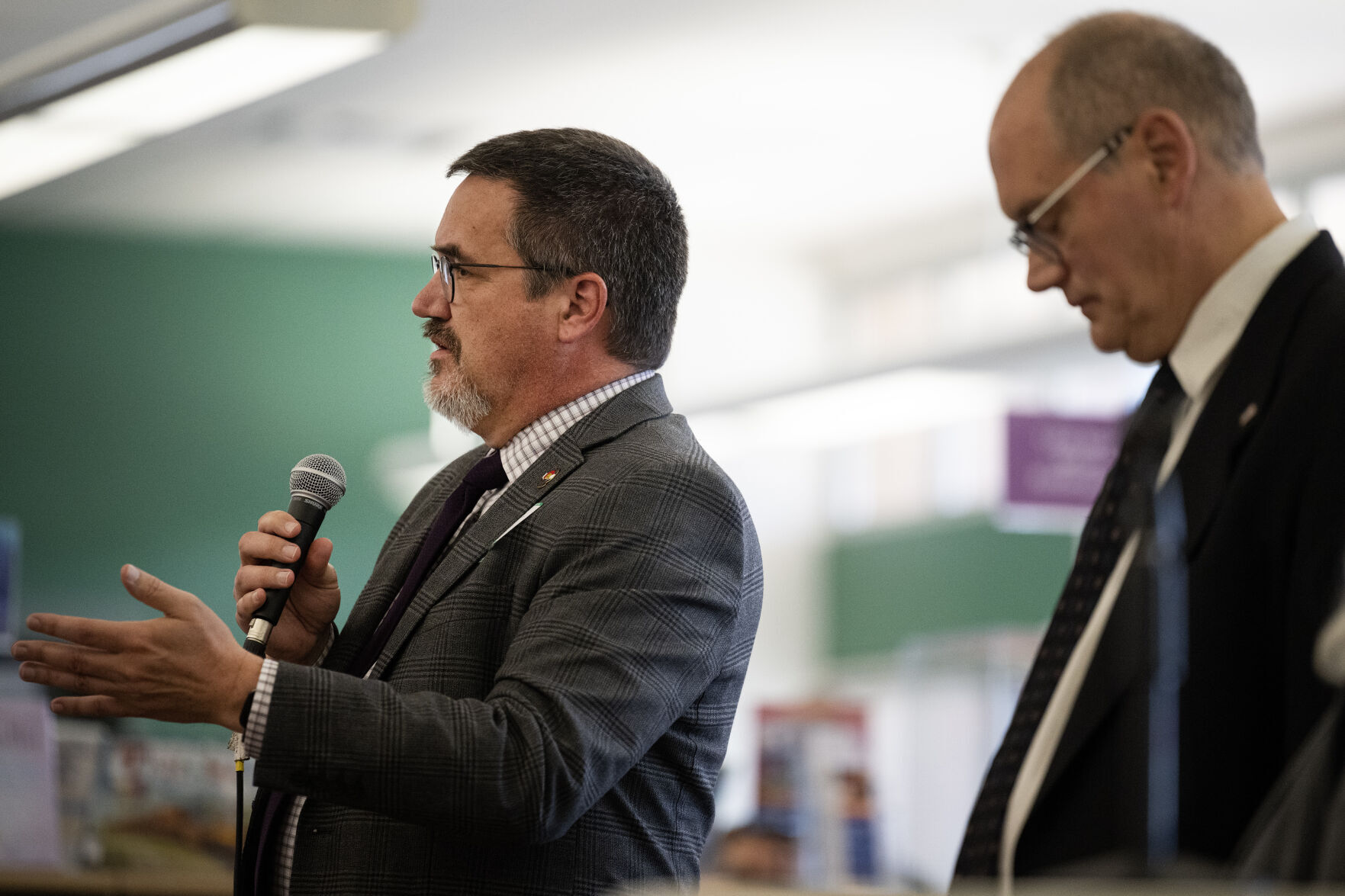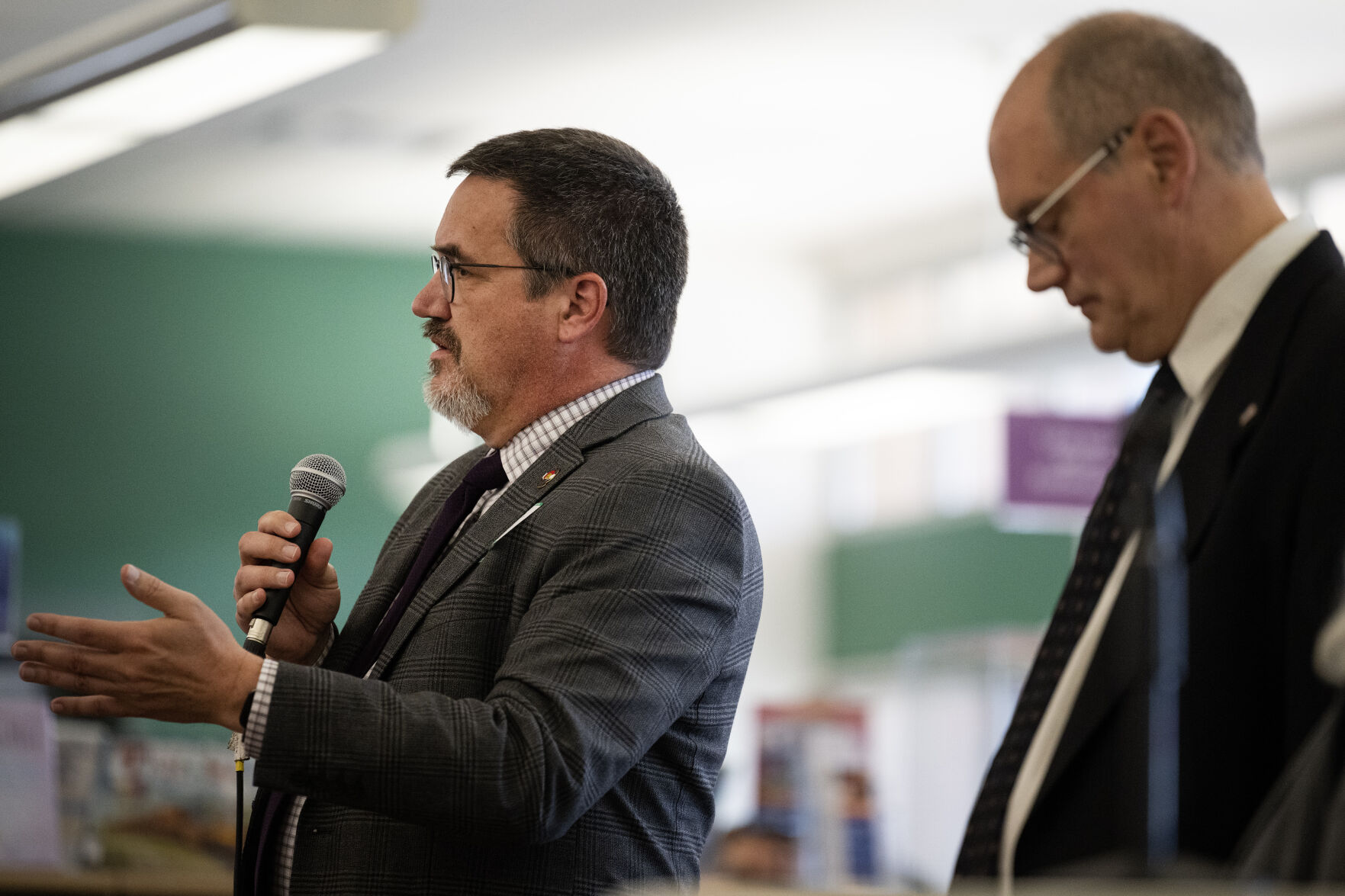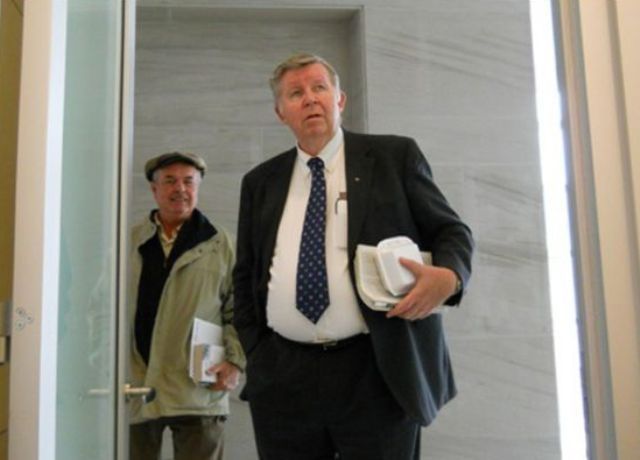Appeals court says tenants must strictly comply with law to sue landlords over hazardous conditions

Strict compliance with the law is necessary if tenants, who typically lack legal representation, wish to sue landlords for shoddy living conditions, Colorado’s second-highest court ruled last week.
In a 2-1 decision, a three-judge panel for the Court of Appeals agreed a Denver man could not hold his landlord liable for an uninhabitable apartment because he did not give specific permission to enter his unit, as the law requires.
“We are not at liberty to rewrite the statute and must enforce clear statutory language as written,” wrote Judge Ted C. Tow III in the panel’s July 20 opinion, rejecting the argument from plaintiff Allen Anderson that his lease already allowed the landlord to enter for repairs.
Judge Timothy J. Schutz, writing in dissent, emphasized that Anderson originally represented himself in court and, therefore, the appellate panel had an obligation to take a more lenient view of his claims. To Schutz, Anderson arguably did not need to give additional permission to enter, and Anderson’s case should have proceeded to trial.
Jack Regenbogen, deputy executive director of the Colorado Poverty Law Project, acknowledged lawmakers intended to ensure that landlords would receive proper notice of hazardous living conditions.
“However, the legislature did not intend for these notice requirements to be weaponized and construed so strictly that they became a hurdle for people to access appropriate redress,” he said. “This decision will unduly burden many renters, particularly those with lower incomes who are unable to access legal representation, from being able to communicate with their landlord about unsafe living conditions.”
Case: Anderson v. Shorter Arms Investors, LLC
Decided: July 20, 2023
Jurisdiction: Denver
Ruling: 2-1
Judges: Ted C. Tow III (author)
Anthony J. Navarro
Timothy J. Schutz (dissent)
An analysis of Denver evictions between 2014 and 2016 found 3% of tenants, at most, had legal representation, compared with the majority of landlords. Comparable statistics do not appear to exist for the type of case Anderson brought – a “warranty of habitability” lawsuit, in which landlords are responsible for keeping their properties fit for human habitation.
Anderson lives in the 2200 block of Downing Street in Denver, at a property owned by Shorter Arms Investors and managed by PK Management. Anderson alleged his apartment was “flooded” with human waste, the ceiling “caved in,” the stove was inoperable for more than a year, and the persistent mold resulted in his hospitalization.
In December 2021, District Court Judge Stephanie L. Scoville analyzed whether Anderson complied with Colorado law in providing proper notice of uninhabitability. Anderson pointed out the state health department had observed a ceiling collapse and “possible mold problem” in Anderson’s unit, plus Anderson himself had made numerous maintenance requests.
While Anderson “may well be correct” that the state’s warning put Shorter Arms on notice, and that Anderson followed his landlord’s protocol for requesting work orders, Scoville ultimately decided Anderson did not fulfill a key requirement of the law.
There was no “explicit permission for Defendants to enter his apartment,” she wrote.
Anderson, now with volunteer legal representation, turned to the Court of Appeals to argue against Scoville’s literal interpretation of the law.
“Given the important statutory purpose of ensuring that landlords provide and maintain residences that are ‘fit for human habitation’ and the power imbalance between landlords and tenants, requiring strict compliance with the notice provisions … is inappropriate,” wrote attorney Katharine E. Lum, who was recently appointed to the Court of Appeals as a judge.
During oral arguments, Schutz slammed Shorter Arms’ lawyer for repeatedly observing that Anderson, who is disabled and receives federally subsidized housing, does not pay rent himself.
“Are you suggesting that the plaintiff, because he’s in subsidized housing, is not entitled to habitability?” Schutz demanded.
“No, he is,” replied attorney Todd E. Likman.
Ultimately, the panel’s majority sided with the defendants. Under the law as it existed around the time Anderson filed his lawsuit, he needed to give permission for his landlord to enter the unit at the time he complained. Moreover, even if the state’s health department could have put Shorter Arms on notice, calling out “possible mold” was an insufficient way to do so, Tow wrote for himself and Judge Anthony J. Navarro.
Schutz, in his dissent, would have explicitly decided a third party can put a landlord on notice to fix an uninhabitable unit, and a jury could find the state health department did so in Anderson’s case. He also believed Anderson did not need to provide permission to enter at the same time he complained to his landlord.
“Anderson attached copies of numerous inspection notices from Shorter Arms by which it exercised its right to enter his unit,” Schutz wrote. “One of those notices even quoted the lease term by which Anderson had provided his advance permission for entry into his apartment for ‘making reasonable repairs and periodic inspections.'”
Schutz concluded by suggesting the Legislature clarify what tenants have to do to mount a viable lawsuit against their landlord.
Joyce L. Walker, vice president of Shorter Arms, said in a statement that the company encourages all residents to contact its office if repairs are needed, and it is “our practice to document and complete all repairs” reported in that way.
The case is Anderson v. Shorter Arms Investors, LLC et al.
Editor’s note: This story was updated to include a statement from Shorter Arms.














